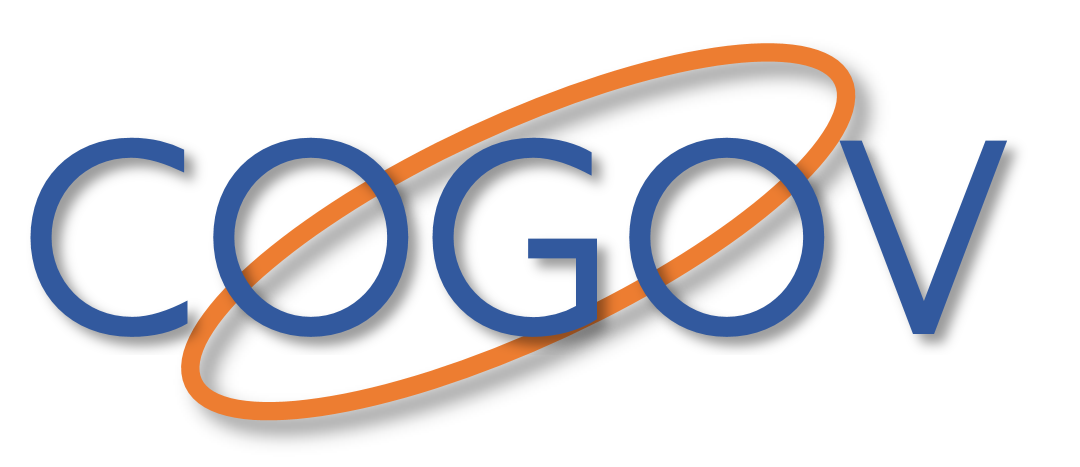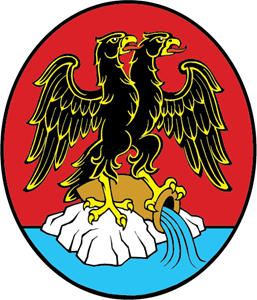
King’s College London, United Kingdom Roskilde Unicersitet, Denmark Stichting Katholieke Universiteit Brabant, Netherlands Universite d’Aix Marseille, France University of Ljubljana, Slovenia Span d.o.o. Croatia Cardiff University, United Kingdom Grad Rijeka, Croatia
The project is funded by the European Union’s Horizon 2020 research and innovation program under grant agreement No 770591.
As part of the project, the Co-Gov toolkit was developed to provide integrated support to public organizations in implementing co-creation. This toolkit was developed in collaboration between the Faculty of Public Administration at the University of Ljubljana and the company Span. The City of Rijeka, as a partner in the project, played a key role in the development of the toolkit, contributing to its enhancement based on its own experience in its application.
Furthermore, the City of Rijeka explored new ways to involve citizens in the design and implementation of the Rijeka Local Partnership Program (RPLP). The RPLP was identified as the most suitable program for fostering collaborative creation with citizens. Since 2005, the RPLP has implemented 106 projects led by citizens, associations, sports clubs, and neighborhood committees. These projects include the design, management, and construction of playgrounds, children’s parks, green areas, and the renovation of local schools.
To enhance the collaborative process within the RPLP, a task force was formed in October 2020, consisting of two COGOV researchers and three experts in participatory governance (the RPLP program manager, an external expert consultant, and a consultant from an NGO with previous involvement in the development of the RPLP).
The task force met to identify current barriers to improving the collaborative process and discuss ways to enhance the RPLP program. As a result, three areas for improvement were proposed:
1. Development of a database and GIS map of all projects funded under the RPLP since its inception to date.
2. Change in the composition of the project selection committee to include active citizens in the committee.
3. Development of a more consistent project evaluation process within the annual cycle of the RPLP.
The ultimate goal was to create detailed and contextual knowledge about what works when it comes to the City of Rijeka’s strategic efforts to encourage collaborative creation with citizens.

Achieve your business goals by connecting and networking with entrepreneurs, institutions and other entities.